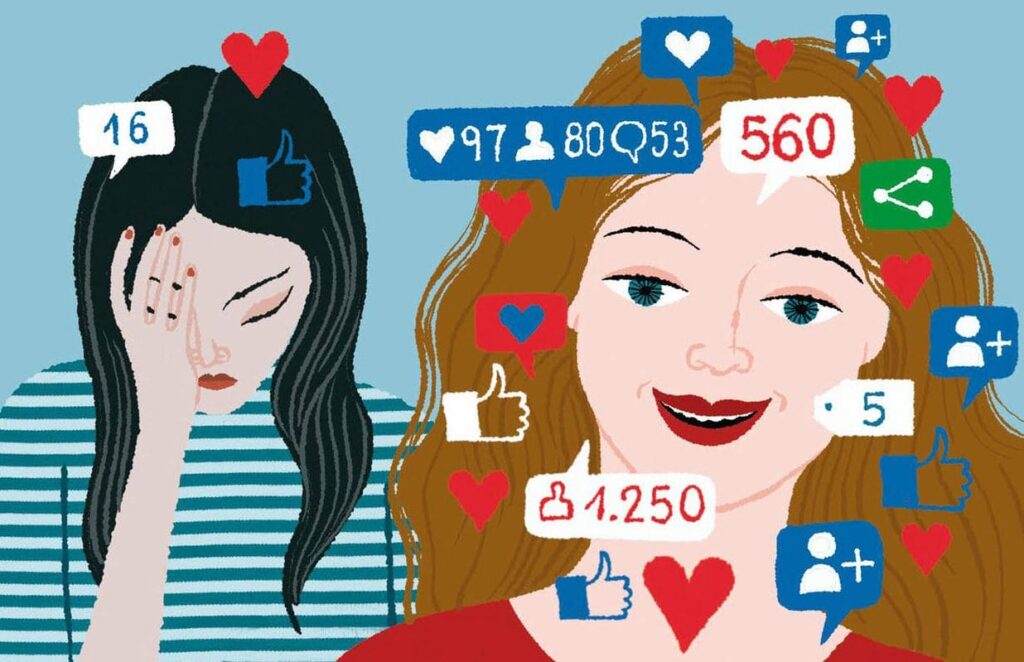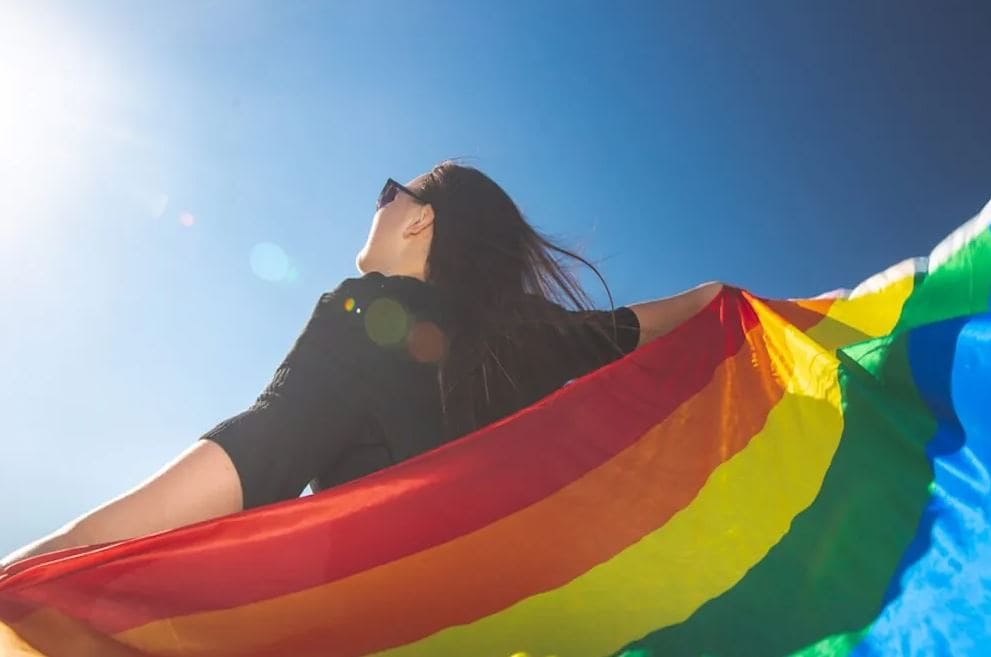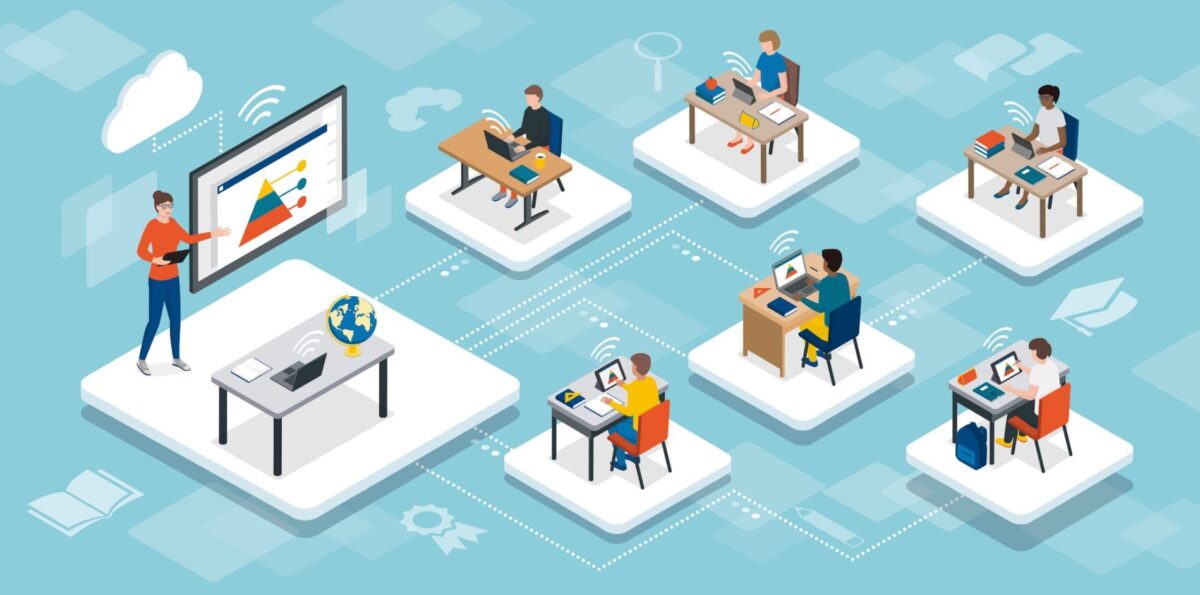Introduction
The use of social media impacts the self-image and self-esteem of adolescents in several ways. Teenagers may be harassed by other social media users or may compare themselves with people who portray themselves as having a perfect life on these platforms. On the other hand, having positive interactions on social media can boost the self-esteem of teenagers. To understand the impact of social media on teenage self-image, the factors that should be considered include the effect of cyberbullying, self-esteem, and the desire for perfectionism.
Cyberbullying
Understanding the effect of cyberbullying on teenagers’ self-concept and psychological well-being can help to create insight into the impact of social media on their self-image. Data shows that 16% of learners at the high school level have been bullied on social media platforms (Smith 2023, para. 6). The self-perception that adolescents have may be lowered if they are harassed on social media or if they receive negative feedback. Moreover, cyberbullying may cause teenagers to experience depression, anxiety, or other psychological problems (Smith 2023, para. 6). While positive interactions on these platforms may enhance mental well-being, being harassed or getting negative feedback can have a detrimental effect. Therefore, even though young individuals may benefit from their use of social media, cyberbullying can have devastating consequences on their self-image.

Self-Esteem
The use of social media impacts self-esteem, but this is primarily influenced by the pre-existing level of self-image. Comparing oneself with other people on social media causes adolescents to lose self-esteem, particularly if they feel that they do not meet certain appearance standards (Steinsbekk et al. 2021, p. 5). This social comparison or self-evaluation can cause teenagers to feel dissatisfied with their lives. Additionally, depending on the self-perception of individual teenagers, they may engage in social media platforms by sharing information about themselves or by commenting on other people’s posts (Steinsbekk et al. 2021, p. 2). Users with low self-esteem will avoid sharing their information online due to the fear of negative feedback. Therefore, the use of social media platforms may cause teenagers to have low self-image if they engage in social comparisons.
Causing Users to Seek for Perfection
Some adolescents may portray perfectionism in their lives by hiding their imperfections, leading to undesirable behaviors that lower their self-image. Social media networks provide an opportunity for teenagers to hide their shortcomings by manipulating their photos or sharing false information about themselves (Fioravanti et al. 2023, p. 3). In turn, this behavior leads to problematic social media use, which negatively affects self-image. People who experience body shaming have a higher tendency to edit their photos before sharing them online (Fioravanti et al. 2023, p. 3). While this habit is common among young women, it leads to low self-perception. Hence, to understand how social media affects self-image, the desire by teenagers to create the perception that they have a perfect life or good body image should be considered.
Conclusion
The use of social media affects the self-image of teenagers by exposing them to cyberbullying, affecting their self-esteem, and causing problematic social media use as they seek perfectionism. Adolescents may face rejection or may be harassed on social media platforms, leading to a feeling of worthlessness. Similarly, the self-esteem of young individuals is negatively affected by the social comparisons they make due to social media use. Lastly, the desire to hide shortcomings by manipulating photos or other information shared online can cause poor self-perception. Therefore, while social media use may enhance self-image through positive interactions, it can also lead to low self-esteem.
Reference List
Fioravanti, G, Benucci, SB, Vinciarelli, V & Casale, S 2023, ‘Body shame and problematic social networking sites use: The mediating effect of perfectionistic self-presentation style and body image control in photos’, Current Psychology, pp. 1-12, viewed 19 July 2023, DOI:10.1007/s12144-023-04644-8.
Smith, M 2023, ‘The impacts of social media on youth self-image’, Loma Linda University. Available from: <https://news.llu.edu/health-wellness/impacts-of-social-media-youth-self-image>. [19 July 2023].
Steinsbekk, S, Wichstrøm, L, Stenseng, F, Nesi, J, Hygen, BW & Skalická, V 2021, ‘The impact of social media use on appearance self-esteem from childhood to adolescence – A 3-wave community study’, Computers in Human Behavior, pp. 1-7, viewed 19 July 2023, DOI: 10.1016/j.chb.2020.106528.


